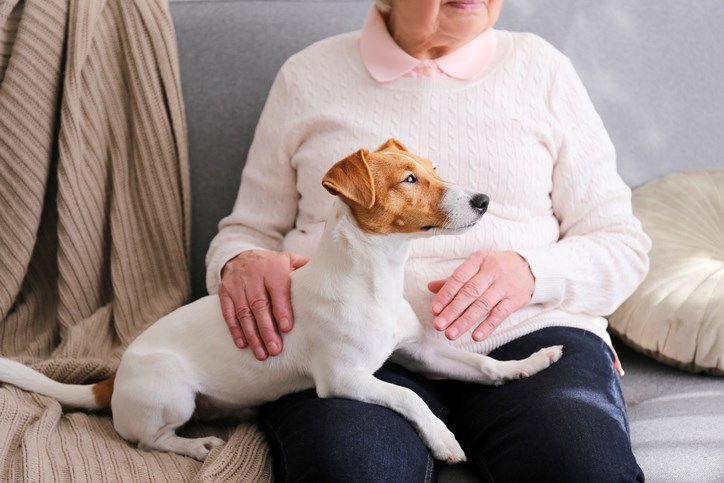When my mother called the other day, she announced it was “on business,” which is usually code for she has a story idea for me.
And indeed she did.
She had just gotten off the phone with her friend, Maggie McLean, who had just gotten out of Richmond Hospital.
McLean had been there for a week with extreme back pain, but what she was telling my mom about (and urging my mom to tell me about) was the dog and the young man with the piano.
Huh? Okay, I’ll call her.
“I was quite delighted and totally surprised when this lovely lady, Maureen, and her little dog came in. He just came up and put his nose on my bed and I got to cuddle him,” explained McLean.
And then there was the guy in scrubs who came into her four-bed ward with a piano and started a sing-along.
“There I was propped up in bed with my back killing me, and I’m singing Save the Last Dance for Me and The Tennessee Waltz,” McLean recalls with a laugh.
“I was so delighted. It just lifted my heart, and my spirits.”
Yet another time, “a sweet little girl came in with her guitar and we sang Edelweiss.”
“Hospitals are not the happiest of places, but they are doing so much to make you happy and comfortable. People should know that,” she said.
And this is to say nothing of the excellent care she felt she got from the doctors and nurses.
It’s quite astonishing — given the workload health-care workers and the system as a whole are under right now — that anyone is thinking about cheerful little add-ons like support dogs and sing-alongs.
But here’s the thing, these aren’t add-ons. I’m no medical expert, but I would argue patting a friendly dog’s snout or joining in a sing-along can be as essential to recovery as medication and surgery. In fact, Richmond Hospital has incorporated music therapy into it's program because it has seen those kinds of results.
We all know that getting well makes you feel well, but the reverse is also true: feeling well can help you get well.
The thing that has scared me most about this pandemic is not that my parents might get COVID and die, but that they would die alone.
At one point, my parents were telling me they didn’t think they should get the vaccine, not because they’re anti-vaxxers or even vaccine hesitant.
Rather because a vaccine shouldn’t be wasted on them. They’ve lived good, long lives. The vaccines should go to those with more years ahead of them, they said at the time.
I would agree if we were talking about an organ transplant. But the thought of them dying scared and alone, hooked up to a ventilator, touched only by strangers in space suits, is too heartbreaking.
What’s more, that isolation may be what kills them — at least in part.
In the early stages of this pandemic, it seemed to make sense to quarantine people and impose strict isolation protocols, but some are giving that a re-think.
Last month, the medical journal the Lancet argued we need to put greater weight on damage done (psychological and physical) from isolation when we balance it against the risk of greater infection.
There was a touching story on CBC the other night of a man who was extremely ill with COVID, but feels it was the sight of his wife through a window that enabled him to climb back to life.
Who knows whether that friendly dog and happy sing-along at Richmond Hospital sped up McLean’s recovery.
She thinks so, but even if it didn’t, that attention to her emotional health put her in a wonderful space of joy and gratitude.
Given we’re facing a second epidemic in the form of mental illness, that kind of support is a kind of vaccine in itself.


